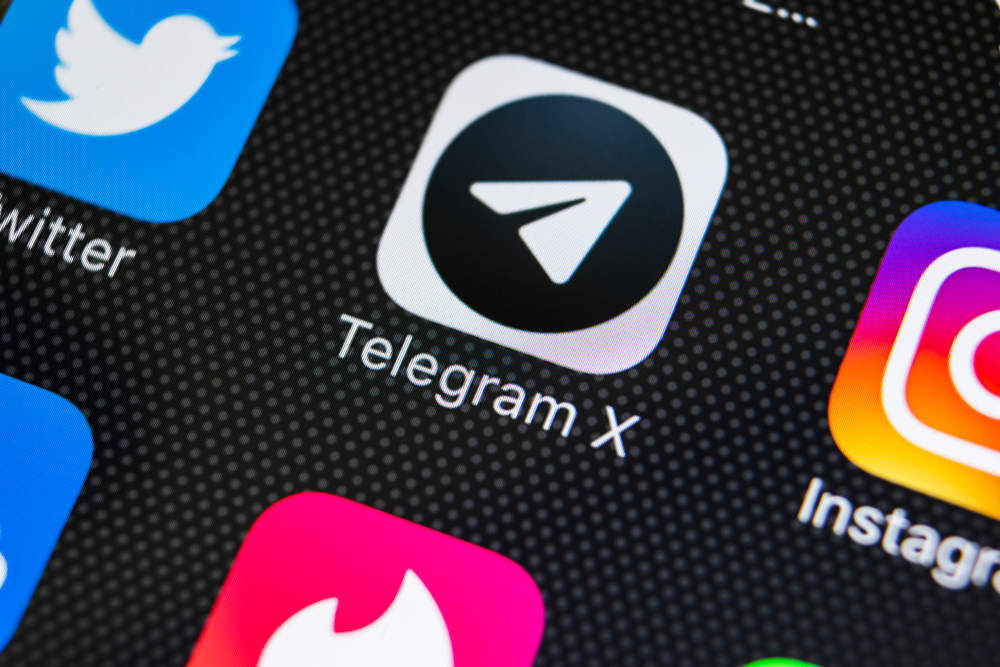
Just days after messaging app Telegram told Russian regulators it is unable to hand over encryption keys to its users accounts, the country has moved to block the app.
Russia’s telecoms watchdog Roskomnadzor asked a Moscow court to ban Telegram after a deadline for it to hand over encryption keys to Russia’s Federal Security Service (FSB) expired.
Telegram, which is based in Dubai, was given a deadline of 4 April to hand over the keys.
In a statement on its website Roskomnadzor said it had filed suit with Moscow’s Taganka district court seeking “restrictions on access to…Telegram on the territory of Russia”.
Telegram — the world’s ninth most popular mobile messaging app — has said it is impossible to provide the Russian authorities with the keys, which it says are not stored centrally and in some cased destroyed every few minutes.
Pavel Chikov, a lawyer for Telegram, said:
How well do you really know your competitors?
Access the most comprehensive Company Profiles on the market, powered by GlobalData. Save hours of research. Gain competitive edge.

Thank you!
Your download email will arrive shortly
Not ready to buy yet? Download a free sample
We are confident about the unique quality of our Company Profiles. However, we want you to make the most beneficial decision for your business, so we offer a free sample that you can download by submitting the below form
By GlobalDataTelegram’s position remains the same — the FSB’s demands to grant access to users’ private correspondence are unconstitutional, not based in law, technically and legally impossible, and, therefore, demanding to block it is also unfounded.
Telegram — launched in 2013 — is a free instant messaging app, which lets people exchange messages, photos and videos in groups of up to 5,000 people and has attracted more than 200 million users.
The app is widely used around the world in many countries but its also thought to have attracted criminal and terrorist users.
Read more: Here’s how Telegram’s downtime compares to WhatsApp
Roskomnadzor threatened to ban Telegram in June last year for failing to provide certain legal documents — though Telegram later provided them.
In September the FSB demanded Telegram’s encryption keys — a demand the company rejected.
The Telegram chief executive Pavel Durov recently took to Twitter to protest Russia’s demands for user data.
Durov said:
Threats to block Telegram unless it gives up private data of its users won’t bear fruit. Telegram will stand for freedom and privacy.
Threats to block Telegram unless it gives up private data of its users won't bear fruit. Telegram will stand for freedom and privacy.
— Pavel Durov (@durov) March 20, 2018
Meanwhile, Telegram is working towards the world’s biggest initial coin offering (ICO) — a private sale of digital tokens similar to bitcoin.
ICOs have been adopted as way for companies to raise money outside of traditional routes — leading some to speculate they could eventually replace stock market listings.
Telegram has so far raised $1.7 billion in pre-sales via the offering, Reuters has reported.






